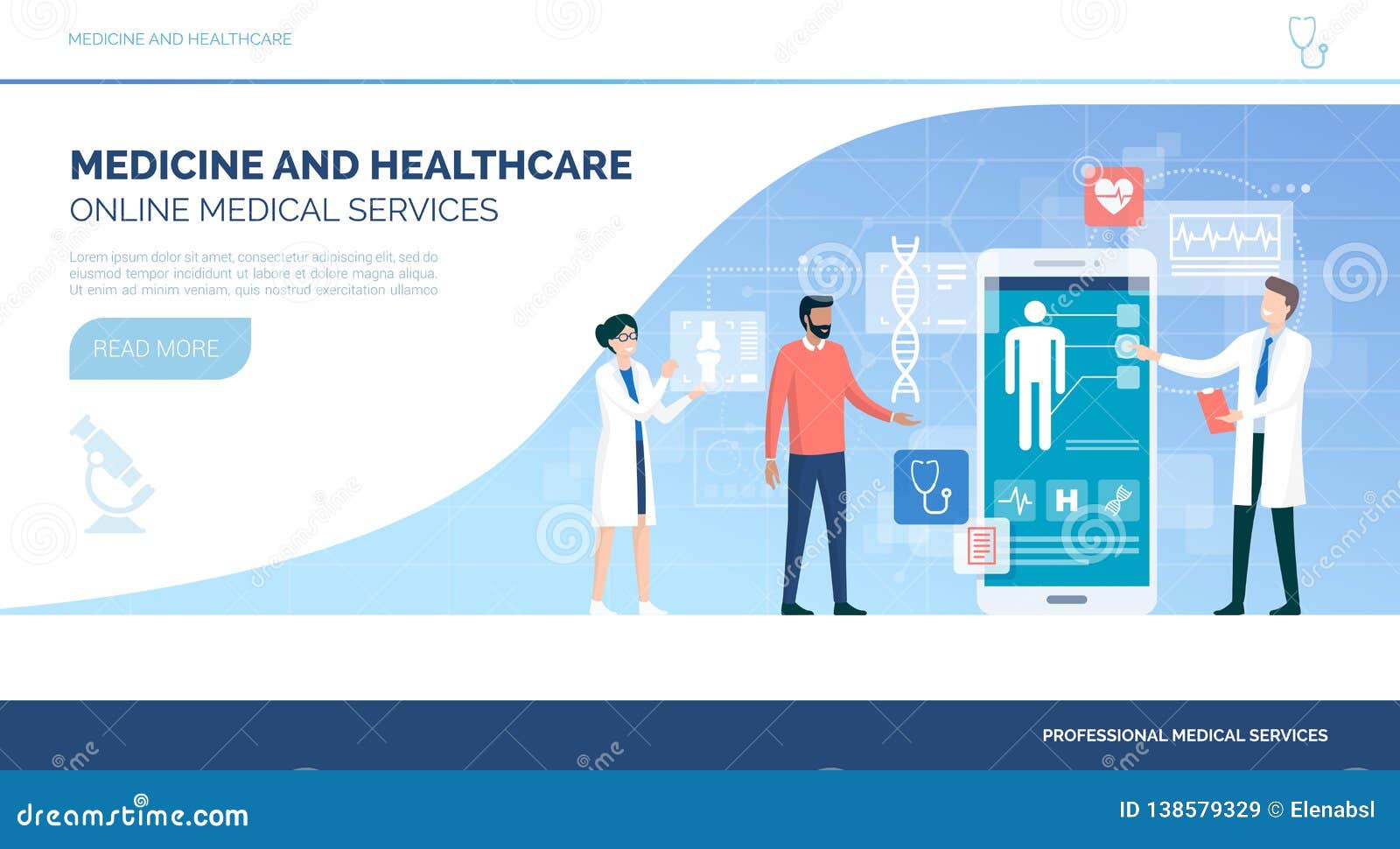Exploring the Development of Subscription Based Healthcare in the Digital Age
Exploring the Development of Subscription Based Healthcare in the Digital Age
Blog Article
Navigating the Future of Medicine With Subscription-Based Healthcare Services
As the medical care market advances, subscription-based solutions arise as a crucial design assuring to improve client care shipment. The solutions to these inquiries might basically modify our approach to healthcare.
Surge of Subscription Medical Care
As health care systems around the globe face increasing pressures from climbing expenses and demand for solutions, the introduction of subscription-based healthcare designs has become a transformative pattern. This innovative approach is interrupting conventional health care delivery by supplying a predictable, flat-rate settlement framework for clinical solutions. Rooted in the concepts of attendant medication, subscription-based healthcare allows companies to focus on individualized client treatment while concurrently handling functional performances.
The surge of this model can be credited to several elements. Technical advancements have actually allowed a lot more seamless assimilation of care through telehealth and digital health records, assisting in the scalability of membership services. The raising customer need for transparency and predictability in healthcare expenses has driven the shift towards this model. Subscription-based services usually supply direct accessibility to healthcare specialists, which can decrease the management problems connected with insurance policy cases and compensations (subscription based healthcare).
This design is getting grip amongst varied medical care carriers, from health care physicians to specialized clinics, by straightening monetary incentives with continual and preventative care. By moving the focus from volume to value-based care, membership medical care has the prospective to improve the landscape, cultivating a more patient-centered and sustainable technique to health and wellness management.
Advantages for Patients

Furthermore, subscription-based solutions usually emphasize preventive care, urging regular exams and health screenings. This positive technique can bring about very early detection of wellness problems, potentially boosting end results and lowering long-lasting medical care prices for clients. Furthermore, such designs typically supply clear rates, permitting individuals to better understand their medical care costs and prevent unanticipated medical costs.
The individualized nature of subscription-based medical care also boosts client experience. Patients can get customized healthcare strategies that fit their particular demands, cultivating a more patient-centric method.
Modern technology's Function in Improvement

Fabricated knowledge (AI) plays a vital function in predictive analytics, helping in early diagnosis and customized therapy strategies. AI algorithms assess large datasets to identify patterns that may be forgotten by human observation, hence improving scientific decision-making. Electronic wellness records (EHRs) enhance individual details monitoring, making sure continuity and coherence of treatment across various services and carriers.
Blockchain technology improves data safety and security and personal privacy, essential for keeping patient trust in digital platforms. It enables safe and transparent deals of clinical data, making certain that sensitive information stays safeguarded. With the combination of machine learning and AI, blockchain can automate complex healthcare processes, lowering management burdens.
Obstacles and Considerations
While modern technology propels the capacities of subscription-based health care solutions, it also presents a collection of obstacles and factors to consider that have to be dealt with to ensure successful application. One considerable difficulty is the fair access of these services. As registration models typically count on digital systems, there is a threat of worsening the digital divide, leaving individuals without net access or electronic literacy. Making certain these services do not disproportionately profit only tech-savvy and upscale populaces is vital.
Information personal privacy and safety stand for an additional important factor to consider. Subscription-based solutions frequently entail the collection and storage space of substantial quantities of personal wellness details. Carriers must follow rigorous data defense policies to keep individual trust and protect against unapproved next accessibility, which might result in significant moral and lawful consequences.
As medical care needs progress, maintaining an economical balance between subscription costs and solution high quality is vital to prevent individual dissatisfaction and attrition. Addressing these obstacles is important as subscription-based health care solutions proceed to advance and expand.
Future Effects for Medication
Subscription-based healthcare solutions are poised to dramatically affect the future landscape of medicine by improving how treatment is accessed and supplied. These designs offer the possible to democratize healthcare access, offering patients with even more prompt and individualized treatments. By leveraging innovation, such as telemedicine and information analytics, registration services can facilitate continual tracking and tailored wellness monitoring, thus enhancing outcomes and decreasing the problem on standard health care systems.
As these services gain grip, they can promote a shift in the direction of preventative care, emphasizing the relevance of very early detection and monitoring of persistent conditions. This positive approach might eventually reduce medical care prices by alleviating the requirement for costly treatments emerging from late-stage disease management. Subscription designs supply a scalable solution to resolve differences in health care gain access to, particularly in underserved or country populations.
Nevertheless, the change towards subscription-based models requires addressing governing and ethical factors to consider, including information personal privacy and equitable access. As the market progresses, collaborative efforts in between policymakers, get redirected here technology designers, and doctor will certainly be important to developing durable frameworks that safeguard person passions while promoting advancement. Ultimately, these services guarantee to add dramatically to an extra effective, patient-centered health care environment.

Conclusion
Subscription-based healthcare services stand for a substantial evolution in the medical field, supplying foreseeable prices and individualized treatment that improve access and prioritize preventative measures. As the health care landscape advances, membership versions are poised to play a critical function in shaping the future of medicine.
As the health care industry evolves, subscription-based services arise as a crucial model assuring to improve individual treatment distribution.As healthcare systems around the world face raising pressures from rising expenses and need for solutions, the advent of subscription-based health care versions has actually arised as a transformative fad (subscription based healthcare).With the rise of this page subscription-based medical care designs improving traditional medical care distribution, clients are starting to experience substantial benefits from this cutting-edge strategy. As health care requires develop, maintaining a cost-efficient equilibrium between subscription charges and solution high quality is vital to prevent patient discontentment and attrition.Subscription-based healthcare solutions are poised to substantially affect the future landscape of medication by improving exactly how treatment is accessed and provided
Report this page